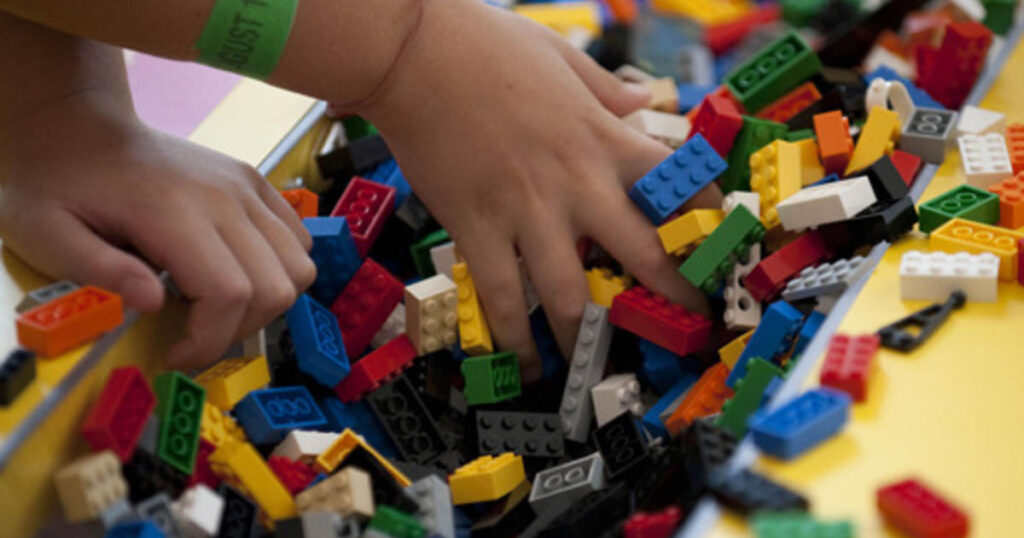
Choosing the right gift for any child can be tricky, but it can be even more challenging when the child has autism. Sensory sensitivities, communication differences, and varying interests all need to be considered to ensure the gift is not only enjoyable but also beneficial.
Gifts that Stimulate the Senses:
- Sensory fidget toys: Fidget spinners, textured balls, Pop Tubes, and chewy necklaces can provide calming and focusing tools for children who seek sensory input (https://www.autismparentingmagazine.com/sensory/).
- Weighted blankets or lap pads: Deep pressure can be incredibly soothing for individuals with autism, and weighted blankets or lap pads can offer a sense of security and relaxation (https://nationalautismresources.com/sensory-toys/).
- Musical instruments: Playing music can be a fantastic way to express emotions, develop fine motor skills, and learn about cause and effect. Consider instruments with adjustable volume or quieter options like a kazoo or harmonica (https://nationalautismresources.com/toys-for-autistic-children-and-teens/ ).
Gifts that Spark Creativity and Imagination:
- Art supplies: Sensory paints, drawing tablets, modeling clay, and musical instruments all offer open-ended opportunities for creative expression. Opt for unlined paper to avoid pressure to conform (https://nationalautismresources.com/toys-for-autistic-children-and-teens/ ).
- Building sets: Legos, Magna-Tiles, and other construction toys encourage problem-solving skills, spatial awareness, and imaginative play. Look for sets with repetitive elements or clear instructions if needed (https://www.autismparentingmagazine.com/sensory/).
- Sensory books: Books with textures, lights, sounds, and flaps can engage multiple senses and capture the attention of children who may struggle with traditional books (https://neurodiversitymatters.com/7-of-the-best-autism-fidget-toys-for-autistic-children-big-or-small/).
Gifts that Encourage Social Interaction and Communication:
- Cooperative games: Board games that require teamwork and collaboration can help children with autism develop social skills and learn to take turns. Choose games with simple rules and predictable gameplay (https://www.angelsense.com/blog/gifts-for-autistic-children/).
- Conversation starters: Card games or prompts that encourage open-ended questions and sharing interests can help children practice social communication skills in a fun and low-pressure setting (https://nationalautismresources.com/toys-for-autistic-children-and-teens/).
- Social stories: Books or videos that depict common social situations can help children with autism understand expected behaviors and navigate interactions with others (https://www.autism.org.uk/).
Remember:
- Prioritize the child’s interests: Consider what the child already enjoys and choose gifts that align with their preferences.
- Focus on quality over quantity: A well-chosen, engaging gift is more valuable than a plethora of items that may overwhelm the child.
- Consult with parents or caregivers: They can provide valuable insights into the child’s specific needs and preferences.
By choosing gifts that are mindful of sensory sensitivities, interests, and communication styles, you can show your support for children with autism and encourage their growth and development.
Additional Resources:
- National Autistic Society: https://www.autism.org.uk/
- Autism Speaks: https://www.autismspeaks.org/
- The Arc: https://thearc.org/
